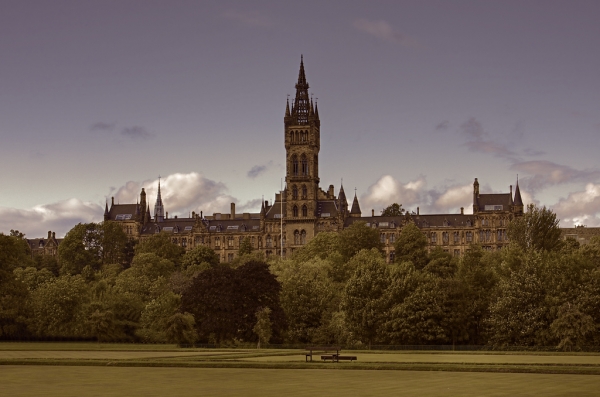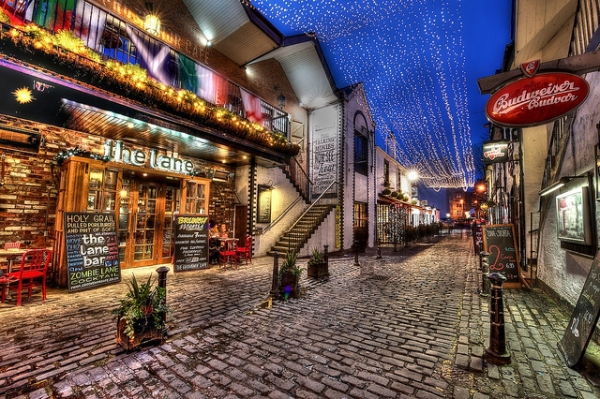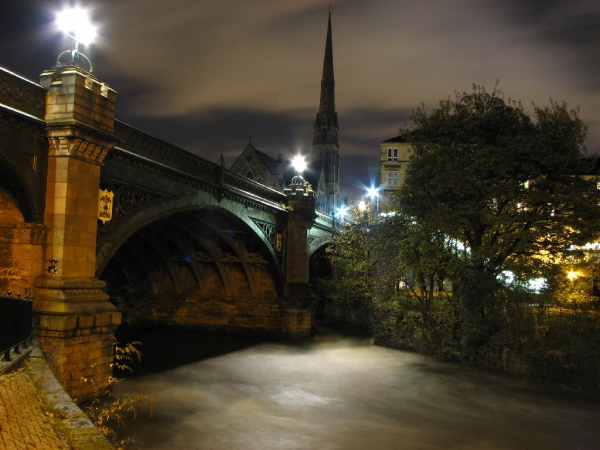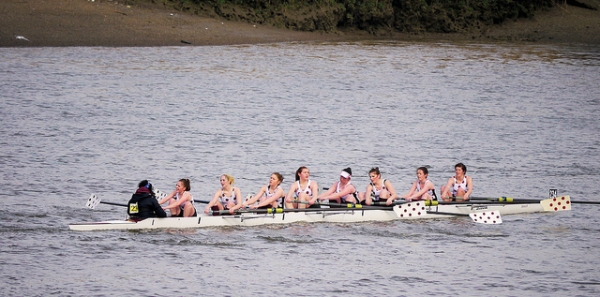Don't miss out on the best jobs!
Subscribe to HelpGoAbroad and weekly we will sent you an email with latest job posts. Provide your email address below
Glasgow’s structure and character owes much to Britain’s Industrial Revolution. During the 1900s, the city grew rapidly as workers from the countryside flooded in to this newly urbanising centre. For nearly a century, it lead the way in pioneering new technology for steel production as well as in the chemical and textile industries.
The city stagnated in the early twentieth century, seeming to have lost its sense of identity and purpose. Fortunately, due to some judicious investment, including the commissioning of some stunning architecture in the ‘Clyde corridor’, Glasgow is once again a vibrant and dynamic place to live.
Some schools worth checking out
The University of Glasgow is the fourth-oldest university in the English-speaking world and is frequently ranked amongst the world's top 100 universities in tables compiled by various assessing bodies. It has departments of Law, Medicine, Veterinary Medicine, and Dentistry as well offering course covering other sciences and the humanities.
The University of Strathclyde started life as the United Kingdom's first university devoted to ‘technological subjects’. It has evolved a bit since those origins in the 1960s and now offers more than 400 under and post-graduate courses across business, engineering, science, humanities and social sciences.
The Glasgow School of Art is Scotland's only public self-governing art school. The school is housed in one of Glasgow's most famous buildings, often considered the masterpiece of the renowned nineteenth century architect Charles Rennie Mackintosh. The building was severely damaged by fire in May 2014 but the school is still very much up and running. It offers university level programmes and research in architecture, fine art and design. Although it’s small, with just under 2,000 students, it is well respected and its alumni include the well-known Scottish poet Liz Lochhead.
THE places for student housing in Glasgow
There’s no doubt that Glasgow’s ‘West End’ is the liveliest place to live in the city. If you’re going to study at the University of Glasgow or Glasgow School of Art it will be your most convenient location. Sandwiched between the open spaces of the Botanic Gardens and Kelvingrove Park, it’s packed full of bars, cafes, pubs and antique shops in which to browse.
If you’re heading for the University of Strathclyde, many people choose to live in the East End of the city, with areas like Bridegton and Dennistoun proving popular due to their proximity to the university. It has a slightly more ‘down at heel’ air than the West End but the growing student population is helping to re-invigorate it with some independent cafes and shops. It certainly has a good range of supermarkets and takeaways – staples of student life worldwide!
Each of the colleges offer places in university owned student accommodation, near where you will study, from £4,000 per annum for a shared apartment. Some residences include meals in their prices but their fees are naturally higher, typically just over £2,000 a year more for breakfast and evening meal 5 times a week.
The best time to start looking for a place to live is from February onwards. To assist students seeking private accommodation all Glasgow higher education institutions maintains an online database of private accommodation called pad.
Or, you may decide to try to find accommodation through an independent agency or by scouring ads in a local paper. The Daily Record and the Gumtree website are good resources for this.
The cost of education in Glasgow
Students deemed eligible and residing in the European Union may be able to get their fees paid in part or in full by the University by the Students Award Agency for Scotland (SAAS). Other International Students should expect to pay tuition fess from around £13,100 per annum.
All the colleges above have grants and bursaries available, so do check the website of the one you are thinking of applying to.
Budget around £11,000 per academic year for other living costs.
Further information is available on the universities’ websites. Some also have useful ‘cost of living’ calculators to help you assess what your annual expenses may be.
You’re here now, so what’s next?
Both Glasgow universities have International Student Support Teams that provide a dedicated advisory service for international students on non-academic and welfare matters such as immigration, employment, finance and other concerns.
The Students’ Union, a nationwide organization representing students and lobbying for their interests, also has an International Students’ Association subsection. It’s free to join.
Student groups and associations, of which there are many at all the schools listed, are a great way to meet new people and make friends. There are clubs and societies that cover a wide range of sports and interests from marshal arts to drama.
Sign in to publish a comment




Be the first to comment on this post.